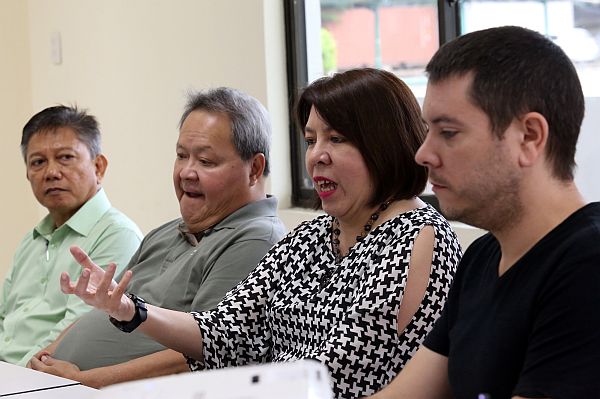FOLLOWING the success of its mentorship program for micro, small, and medium enterprises, the Department of Trade and Industry (DTI) is set to embark on a similar project this time for tech-based startups.
Dubbed as Startup Island PH Mentoring Program, the initiative is a product of many deliberations between DTI and the startup community aimed at spurring economic growth.
“We learned from Kapatid Mentor Me (KMM) how important mentorship is, but the needs of startups are not the same as those of MSMEs,” said Elena Arbon, DTI Cebu provincial director, last week during the launching for the program, which is set to be rolled out by February of next year.
The DTI launched the first run of KMM in Cebu last October 2016 and has since rolled out two more batches with a total of over 60 mentees in a span of just a year.
Arbon said the startup mentoring program would help 12 to 15 startup companies over the course of 10 weeks.
She said they want to give startups the opportunity to scale up their businesses through learning and exchanging ideas with mentors and successful businessmen from all over the Philippines.
Furthermore, the trade official said they also want to nurture and cultivate future mentors that will benefit the entire startup ecosystem as a whole.
Arbon said that not only will the program address the mentorship needs of startups, but will also fill the gap between startups and brick-and-mortar or traditional businesses.
“We want to link them with brick-and-mortar businesses as well. Everything is connected,” she said.
Startup executives Vince Loremia and Jann Hiolen, proponents of the mentorship program, said this would really help local startups grow.
Hiolen, founder of AI-assisted e-commerce platform Sellax, said that Cebu had been lagging behind other cities in terms of startup development, but the program would change all that.
To qualify, business-to-consumer startups need to have at least 10,000 unique users, business-to-business startups need to have earned P100,000 in revenue since its establishment, while hardware-based startups need to have a working prototype.
Loremia, chief operations officer at the on-demand contact center Kallfly, said this program is the first of its kind in Cebu and in the Philippines.
“We have been preparing for this since 2012,” he said.
The mentoring program will mainly be targeted to maturing startups with the potential to penetrate the mainstream market.
Loremia explained that the program would be broken down into three phases: customer and company phase, product and market phase, and the traction and pitch phase.
Stakeholders have expressed optimism in the acceleration of innovation in the Philippines with a number of public-private initiatives already laid down.
The Philippine government and startup community have partnered to create a roadmap for building a thriving ecosystem in the next few years, targeting to have 500 startups with a total valuation of $2 billion by 2020 from just over a hundred at present.


